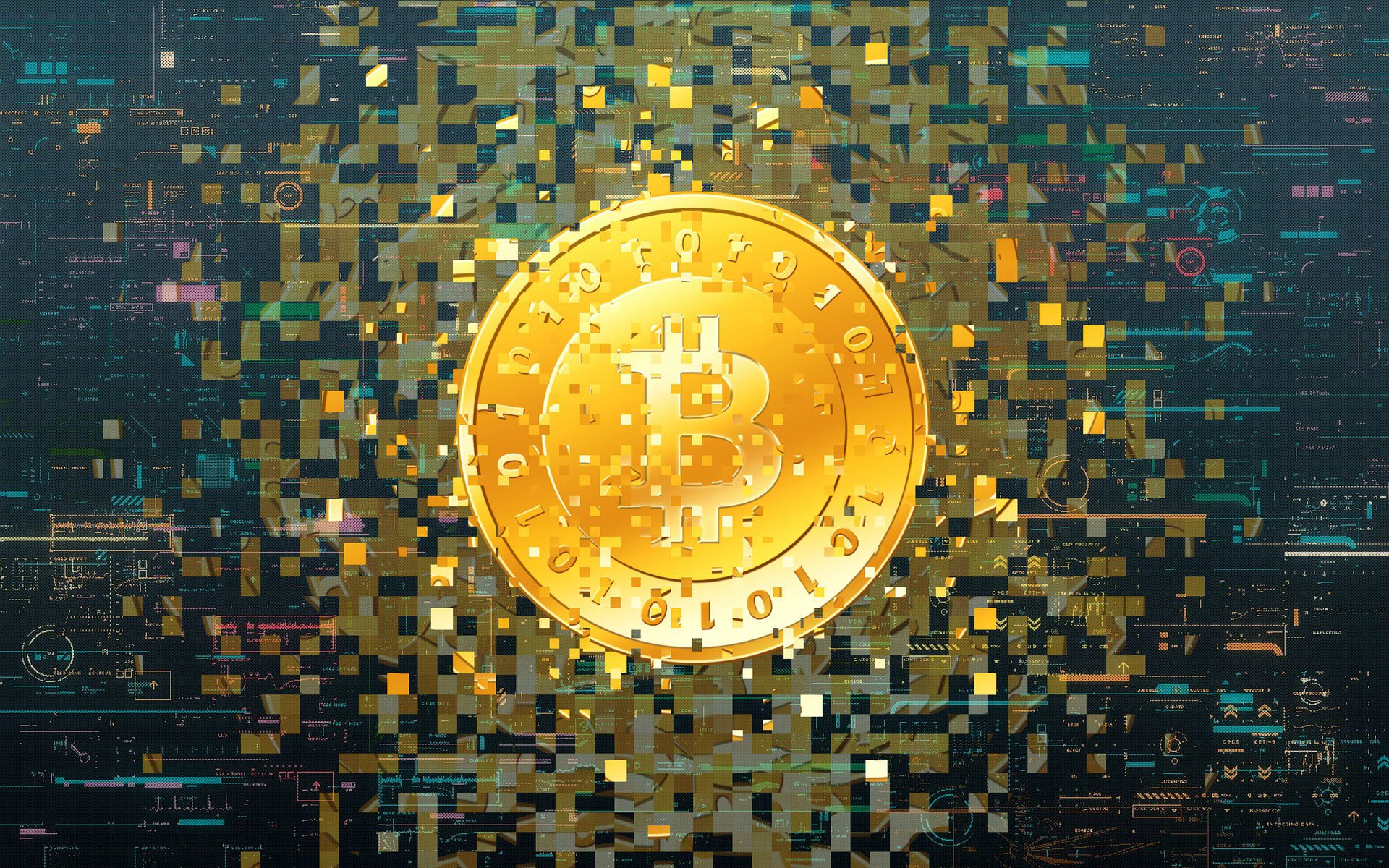The most powerful moment from the 2021 Bitcoin Conference in Miami last month came when President Nayib Bukele announced that El Salvador will adopt bitcoin as legal tender. On June 8, 2021, the El Salvadoran congress approved Bukele’s proposal to embrace the cryptocurrency, with 62 out of 84 possible votes, making El Salvador the first country in the world to formally recognize Bitcoin as legal tender. Despite the relatively small size of its economy, El Salvador’s historic move will have huge global implications—most notably, throughout Latin and Central America.
The core tenet of a cryptocurrency is to create an alternative financial system. Approximately 70 percent of El Salvadorans do not have access to traditional financial services, and there is a huge dependance on remittances. El Salvador’s adoption of Bitcoin has the potential to end reliance on the U.S. dollar (USD), while adding 10 million new users and $6 billion a year in remittances.

El Salvador adopted the USD in 2001, and most of their exports are commodities. With 25 percent of all M2 money supply having been created this past year alone, it is inevitable that the dollar is going to devalue. For Bukele, there is little sense in staying in the USD with ever-growing U.S. liabilities and an aging demographic to pay for. Emerging markets are not getting the economic benefits of holding the USD anymore with increasing inflationary expectations due to the increasing rate of Central Banks printing fiat currencies.
Despite the lack of access to financial services, most Salvadorans have cellphones—which are essentially the computers of today. The technology is in place, and so what’s needed now is a mentality shift, an educational phase to inform the public how to use their cellphones as a means of purchase and the requisite financial policy to evolve with the times.
The implications of El Salvador’s decision in terms of wider adoption and utilization of Bitcoin are vast for emerging economies. For the first time in history, there is an alternative to piggybacking off of a large nation state. If we see other LatAm countries following El Salvador’s lead, it could be one of the most pivotal moments in history. Emerging countries have nothing to lose.

Many LatAm countries still have a deep-rooted fear of the U.S. due to the way they were exploited decades ago. Some of left-leaning countries may be particularly inclined to promote a move away from the USD and into digital assets. Venezuela was the first country to attempt this in 2018 by issuing the ‘Petro’—a digital currency pegged to the price of oil that failed due to the lack of trust in the Venezuelan regime. However, with crypto gaining more momentum, it could generate renewed interest in relaunching digital currencies or simply encourage these countries to follow El Salvador and make Bitcoin legal tender.
Critics have derided Bukele’s announcement as a publicity stunt. However, we have seen other LatAm countries gearing up to push similar legislation with eminent parliamentarians promoting the acceptance of the digital currency as a mainstream form of payment and voicing their support on Twitter.
In Paraguay, Congressman Carlos Rejala is expected to submit a bill for approval within the next month to attract crypto businesses to the country. Rejala wants to position Paraguay as a crypto hub in LatAm, focusing primarily on their advantageous cost of electricity. Paraguay can offer crypto miners costs of $0.05/kilowatt-hour—some of the lowest rates in the region and mainly via hydroelectric sources. This is particularly pertinent given the recent media scrutiny of carbon emissions derived from mining cryptocurrencies.
In Panama, Bitcoin-friendly proposals are expected to appear before lawmakers this summer. Congressman Gabriel Silva has used Twitter to express his desire to not be left behind and will be submitting a bill to make Panama the “entrepreneurship hub” for all blockchain technologies.
Argentina and Brazil are two countries to keep a close eye on. In Argentina, electricity is subsidized by the government, which makes it very attractive for regular individuals to mine Bitcoin at affordable prices. As for Brazil, a crypto push by the federal deputy of Brazil, Gilson Marques, in tax and payments is expected. Elsewhere, Malta is mooted due to its reputation as a booming tech hub in Europe.
Most significantly, as soon as another country legalizes Bitcoin as legal currency and starts transacting with El Salvador, all the banking rails will be expected to adopt cryptocurrencies. They will no longer be able to ignore or shut it down as it will be deemed a genuine, legal asset and form of payment. This moment could well trigger a domino effect.
With Bitcoin recognized as money under U.S. commercial law, banks will have to treat it like any other foreign currency. This means corporate treasurers could potentially buy Bitcoin without facing backlash because it is no different to holding euros or JPY on their balance sheets. Banking regulators around the world would also have to recognize it as a real currency.
While financial innovation and the adoption of cryptocurrencies are ultimately dependent on the ruling government and decisionmakers, El Salvador’s move will inspire nations and generate hope amongst the disaffected LatAm populations that something similar could well happen in their country.
Held back by decades of economic depression, inflation and dwindling purchasing power, LatAm constitutes a potential hotbed for the crypto world. In Argentina, we have already seen large swathes of the population using cryptocurrencies to convert pesos into dollars to get around government restrictions and to capitalize on the more competitive exchange rates of peer-to-peer transactions.
The world is watching El Salvador with real interest. As Nick Cawley at DailyFX said, “If this proves successful then other big remittance markets, including Mexico, will be very interested onlookers.”
Carlos Betancourt is the founding principal of BKCoin Capital—the digital assets hedge fund.






